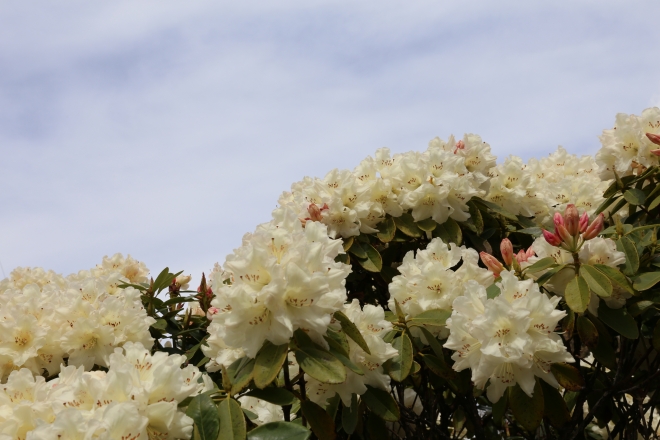
Existential Psychology
Doing Nothing is Doing Something
A rationalization many of us use to let ourselves off the hook for making an important life decision is to tell ourselves that waiting to see how things pan out is the most prudent course of action. We feel a lot of discomfort from the anxiety that accompanies awareness of our inherent existential responsibility, and the clever unconscious solution is to wash our hands of the whole thing, believing that by not doing nothing, taking the wait and see approach, we aren’t responsible for the outcome.
From an existential point of view doing nothing is doing something; a no-behavior is still a behavior. As sentient organisms capable of planning it’s impossible for us to wriggle out of having some say over environmental conditions. Just because we can’t see the effects of our no-acts in the same way that we are able see the outcome of a cause and effect chain where we do act doesn’t change the underlying reality that doing nothing effects your environment too.
This might sound overly philosophical but it’s quite practical. If you think in these terms you lose a powerful excuse to stay in a holding pattern all your life. No matter what you do, even when you do nothing, you are enacting a behavior, and this behavior exerts a strong influence over the course of your life.
Sometimes the wait and see policy is the best policy, but the only way you’ll know is if you stop using it as a rationalization. Individual responsibility is scary; it’s easier to follow than it is to lead. We use all sorts of psychological mechanisms to try to keep awareness of responsibility from bubbling up into our unconscious. We cannot escape it though. Every lived moment is a choice, even if this choice is to do nothing at all.




